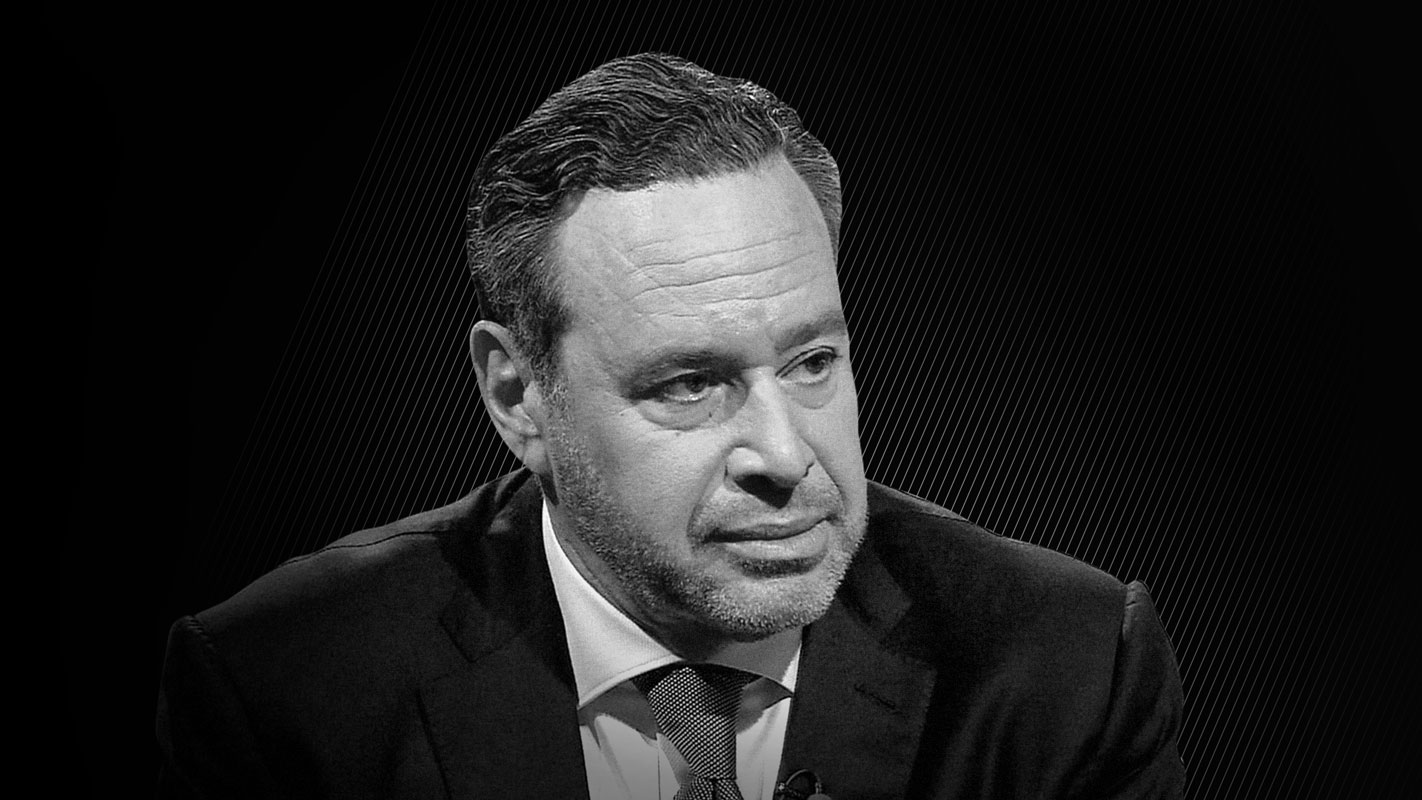
Dr. Scott Gottlieb on Finding Cures for Rare Diseases
Former FDA Commissioner Dr. Scott Gottlieb joins ‘Squawk Box’ to discuss the ongoing research and efforts at the FDA to find cures for rare diseases.…
Thought Leader: Scott Gottlieb

By David Frum (Original source The Atlantic)
‘“Ask not what your country can do for you—ask what you can do for your country.”
In the half century since John F. Kennedy said those famous words, the balance has definitely shifted toward asking what your country can do for you. In almost every democracy, citizenship today offers more rights and imposes fewer responsibilities than it did in 1961.
How much should that balance shift? Canadians have been debating that question this winter—and landed in favor of rights, against responsibilities. Canada’s example offers cautionary lessons for others.
The story starts far from Canadian shores, in Lebanon, in the summer of 2006. A cross-border raid by Hezbollah triggered an armed Israeli response. The fighting rapidly escalated into a serious Israeli-Iranian proxy war. Hezbollah fired rockets into Israel. Israeli troops crossed the border to destroy the rocket launchers. Hundreds of thousands of Lebanese were displaced in the fighting.”
Click here to see more
Dr. Scott Gottlieb on Finding Cures for Rare Diseases
Former FDA Commissioner Dr. Scott Gottlieb joins ‘Squawk Box’ to discuss the ongoing research and efforts at the FDA to find cures for rare diseases.…
Thought Leader: Scott Gottlieb
Peter Zeihan: U.S. Navy Seizes Russian Tanker
The US Navy just seized a shadow fleet tanker that managed to slip past the naval quarantine around Venezuela. The tanker reflagged as Russian while…
Thought Leader: Peter Zeihan
Erika Ayers Badan: Surviving Company Failure
In this episode of WORK: Unsolicited Advice, Erika talks through what it really looks like to come out of the worst month of your career…
Thought Leader: Erika Ayers Badan

